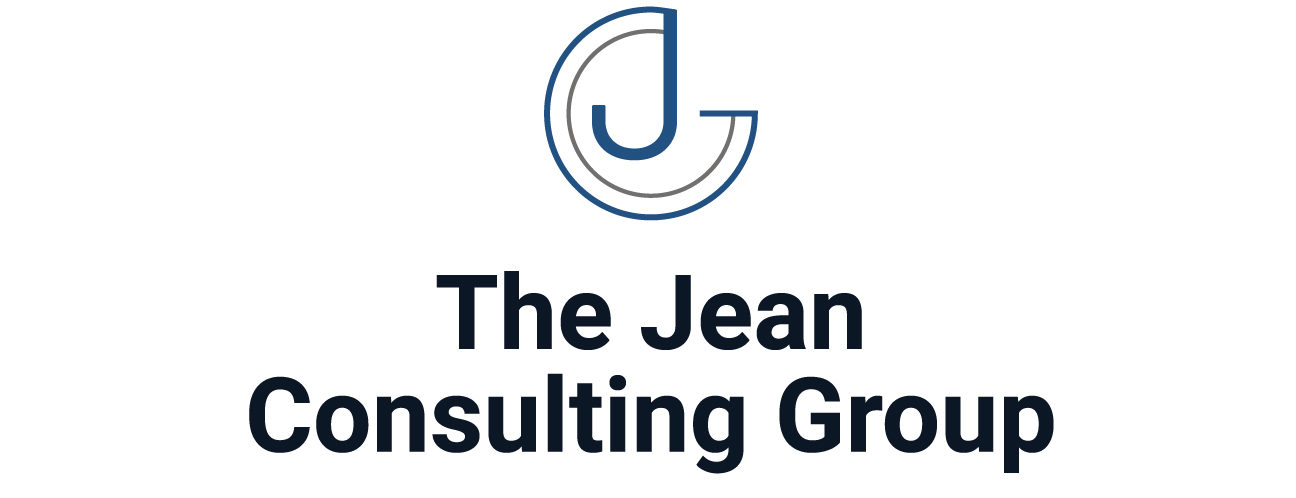In the dynamic landscape of modern business and labor relations, the mastery of contract negotiations and the effective handling of grievance procedures are pivotal for fostering a stable and productive work environment. This article provides a deep dive into the nuances of negotiating contracts and managing grievances, offering insights and strategies to ensure these processes enhance organizational performance and employee satisfaction.
Strategic Insights into Contract Negotiations
Contract negotiations are a critical aspect of business operations, affecting relationships with employees, suppliers, and partners. The ability to negotiate effectively can lead to mutually beneficial agreements that support long-term success.
- Thorough Preparation: The foundation of successful contract negotiations lies in comprehensive preparation. This involves understanding your objectives, the needs of the other party, and the potential leverage points within the negotiation.
- Effective Communication: Negotiation is an art that relies heavily on clear and open communication. It’s important to articulate your positions clearly and listen actively to the other party, creating a dialogue that seeks to find common ground.
- Flexibility and Problem-Solving: Flexibility and a problem-solving attitude can turn challenges into opportunities for agreement. By being willing to consider alternative solutions, negotiators can find paths to agreement that satisfy both parties’ core needs.
Navigating Grievance Procedures with Fairness and Efficiency
Grievance procedures are essential for addressing concerns and disputes in the workplace, ensuring that employees feel heard and that issues are resolved fairly and promptly.
- Clear and Accessible Policies: The effectiveness of a grievance procedure begins with clear, written policies that are easily accessible to all employees. These policies should outline the process for raising grievances, the steps for investigation, and the timeline for resolution.
- Impartial Investigation: When a grievance is raised, conducting an impartial and thorough investigation is critical. This involves gathering all relevant information, interviewing involved parties, and ensuring that the process is transparent and fair.
- Timely and Appropriate Resolution: The goal of a grievance procedure is to resolve issues in a timely manner. Resolutions should be based on the findings of the investigation and aim to address the root causes of the grievance, ensuring fairness and preventing future disputes.
Integrating Contract Negotiations and Grievance Procedures for Organizational Harmony
The integration of effective contract negotiation strategies and robust grievance procedures is vital for maintaining a harmonious and productive workplace.
- Incorporate Grievance Procedures into Contracts: Clear terms regarding grievance procedures can be incorporated into contracts, providing a framework for addressing disputes and ensuring that both parties understand the mechanisms for resolution.
- Train Negotiators and Managers: Training for those involved in contract negotiations and the handling of grievances is essential. This ensures that they have the skills and knowledge to manage these processes effectively, fostering a positive organizational culture.
- Continuous Improvement: Both contract negotiations and grievance procedures should be subject to ongoing review and improvement. Soliciting feedback from employees and other stakeholders can provide insights for refining these processes, ensuring they remain effective and responsive to the needs of the organization.
Conclusion
Mastering contract negotiations and grievance procedures is essential for any organization aiming to build strong relationships, resolve disputes effectively, and create a supportive work environment. By approaching these processes with preparation, clear communication, and a commitment to fairness, organizations can navigate the complexities of modern business and labor relations, achieving success and fostering a culture of respect and cooperation.




